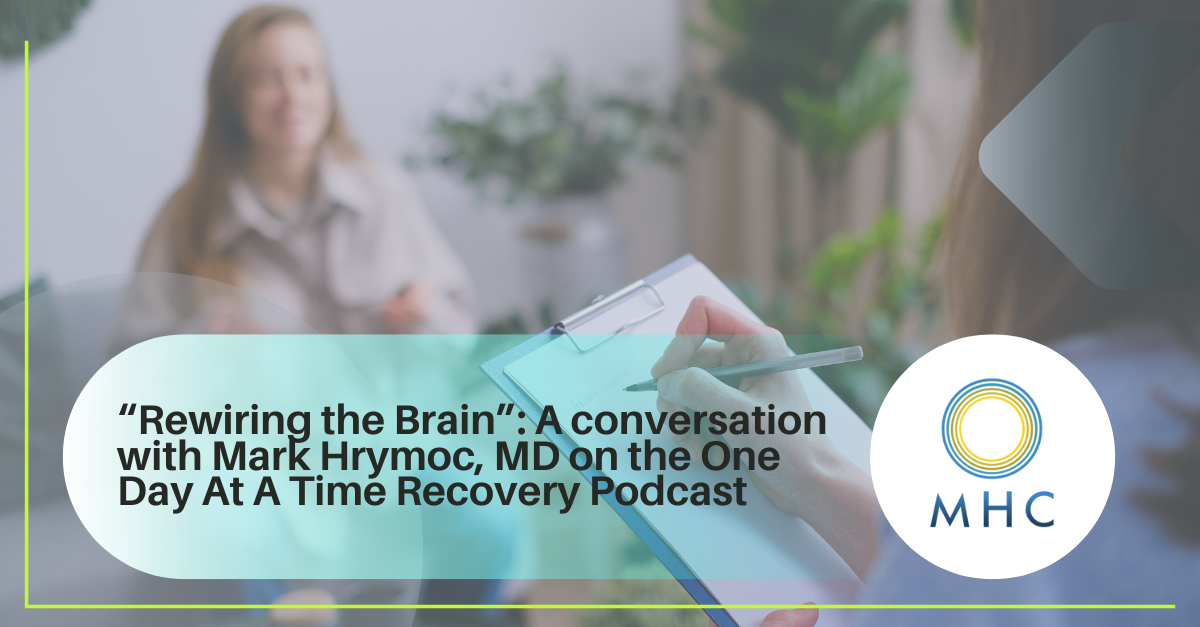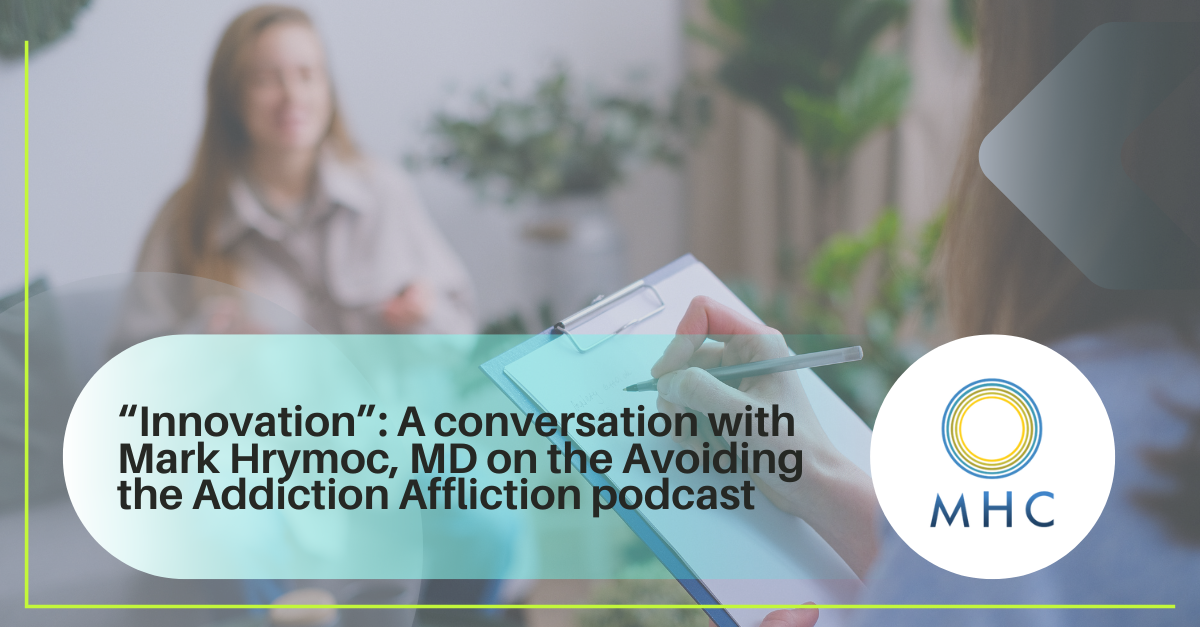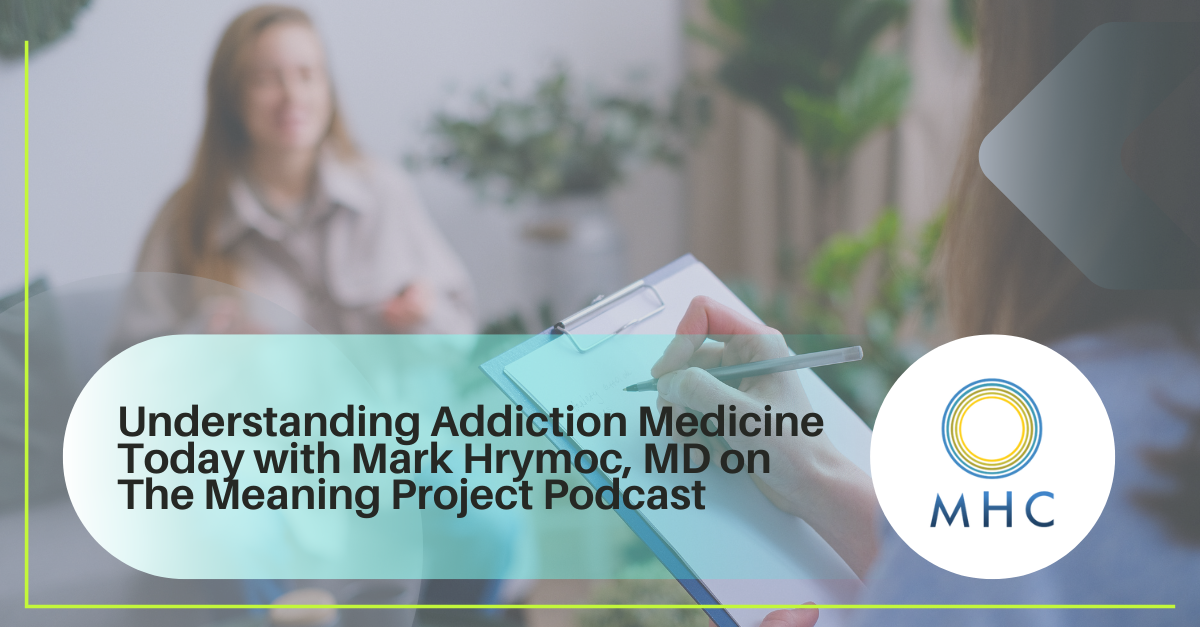GLP-1 Medications: Beyond Weight Loss—Exploring Their Potential to Curb Addictive Cravings
Medically Reviewed by Mark Hrymoc, M.D., Chief Medical Officer, double-board certified in General & Addiction Psychiatry Glucagon-like peptide-1 (GLP-1) receptor agonists such as semaglutide (Ozempic, Wegovy) and tirzepatide (Mounjaro, Zepbound) have become widely recognized for their ability to promote weight loss and improve metabolic health. However, emerging research suggests that their benefits may extend far beyond managing obesity and diabetes. In recent studies and clinical observations, GLP-1 medications appear to reduce cravings and reward-driven behaviors linked to nicotine, alcohol, and opioid use. As a result, some physicians are prescribing these drugs not only for weight management but also as part of broader strategies to support addiction recovery and impulse control. A New Frontier in Addiction and Craving Reduction GLP-1 receptor agonists were originally developed to improve insulin sensitivity and regulate blood sugar in people with type 2 diabetes. Their mechanism involves mimicking the hormone GLP-1, which slows gastric emptying, suppresses …






